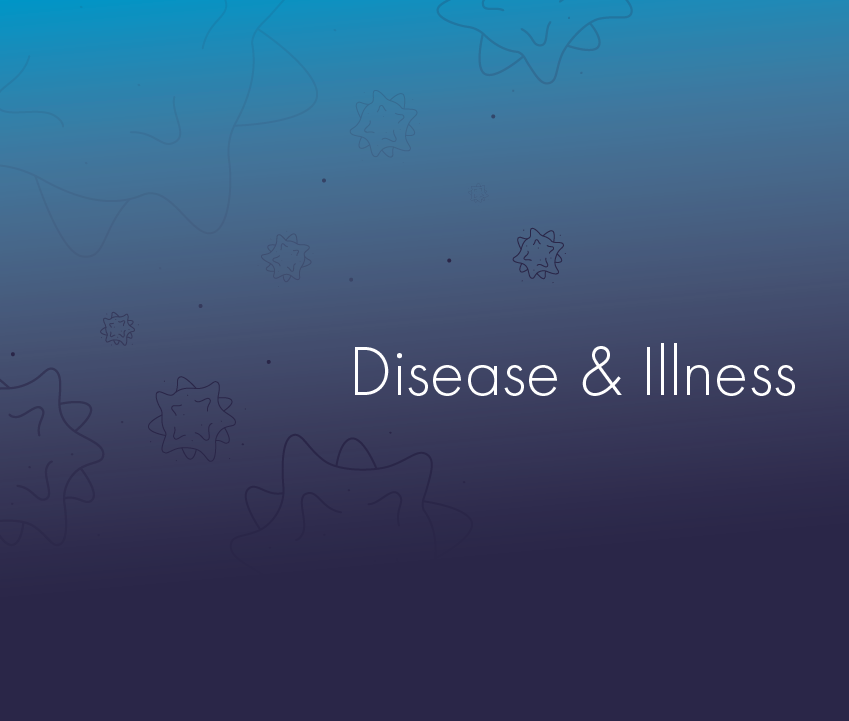Algoma Public Health
Campylobacteriosis
What Is Campylobacteriosis Infection?
Campylobacter bacteria are common bacteria that cause diarrhea in humans and animals. Most human illness is caused by one Campylobacter species, called Campylobacter jejuni, Campylobacter occurs more frequently in the summer months than in the winter and is often associated with travellers diarrhea in developing countries.
Contact Us!
Sault Ste. Marie: 1-866-892-0172
Blind River: 1-888-356-2551
Elliot Lake: 1-888-211-6749
Wawa: 1-888-211-8074
Symptoms & Duration
Predominant symptoms include diarrhea (sometimes bloody), abdominal pain, malaise and fever. Abdominal pain can sometimes mimic appendicitis. Some people who become infected don't have any symptoms at all.
Incubation Period
Symptoms usually appear within 2 to 5 days after exposure to the bacteria. Some cases can take as long as 10 days before symptoms develop.
Recovery, Long Term Effects & Immunity
Prolonged illness may occur in adults; relapses can happen. A typhoid like syndrome or reactive arthritis may develop and very rarely, febrile convulsions, Guillian-Barré syndrome or meningitis could occur.
How Is Campylobacteriosis Infection Spread?
Campylobacter is found most frequently in poultry and cattle but it can also be found in puppies, kittens, other pets, pigs, sheep, rodents and birds. Contact with infected animals can spread the infection to humans. You can get Campylobacter infection by eating raw or undercooked poultry meat. Campylobacter organisms from raw meat can spread to other foods, an example would be cutting raw poultry meat on a board, and then using the unwashed board or utensil to prepare vegetables not intended for cooking. You can also become infected from drinking unpasteurized milk and contaminated water.
The organism can be spread person to person if an infected person does not practice good hand washing especially after using the bathroom.
How Do You Prevent Campylobacteriosis Infection?
- Thorough hand washing is the best prevention. Make sure hands are properly washed with soap and water after using the toilet or changing diapers, after handling pets or livestock and before preparing any food.
- Prevent cross-contamination in the kitchen by cleaning with soap and hot water all counter tops and utensils after contact with raw meats and poultry, especially before using these areas to prepare ready-to-eat foods.
- If possible use separate cutting boards for preparing raw foods and cooked foods.
- Cook meat, poultry and egg products thoroughly. Make sure any meat is cooked throughout (no longer pink) and juices run clear. Cook stuffing separately from the bird.
- Drink only pasteurized milk. Never let children sample raw milk directly from the animal.
- Keep cold foods cold at 4°C or lower keep hot foods hot at 60°C or higher.
- Drink water from a safe water supply. Have your well tested to ensure it is safe to drink.
- If you are ill with diarrhea, avoid preparing or handling food and be sure to see your doctor.
Date of Creation: June 1, 2015
Last Modified: June, 2015










